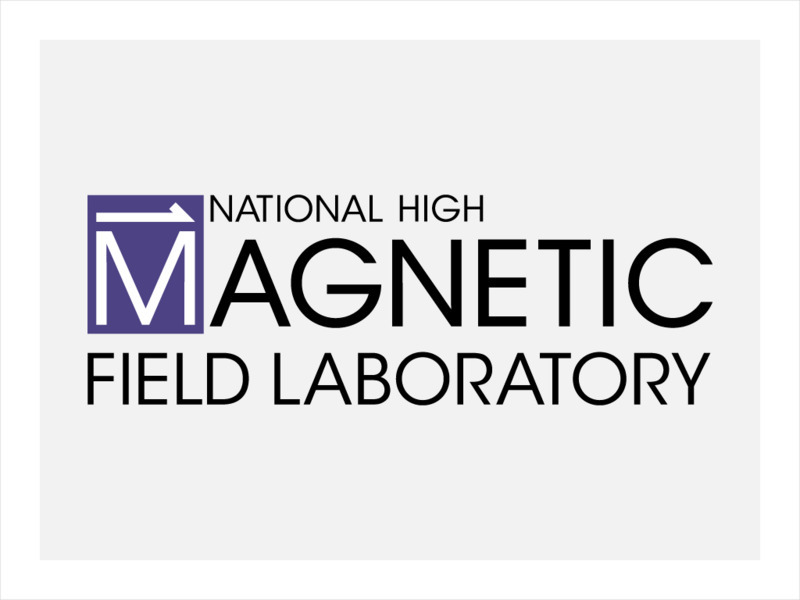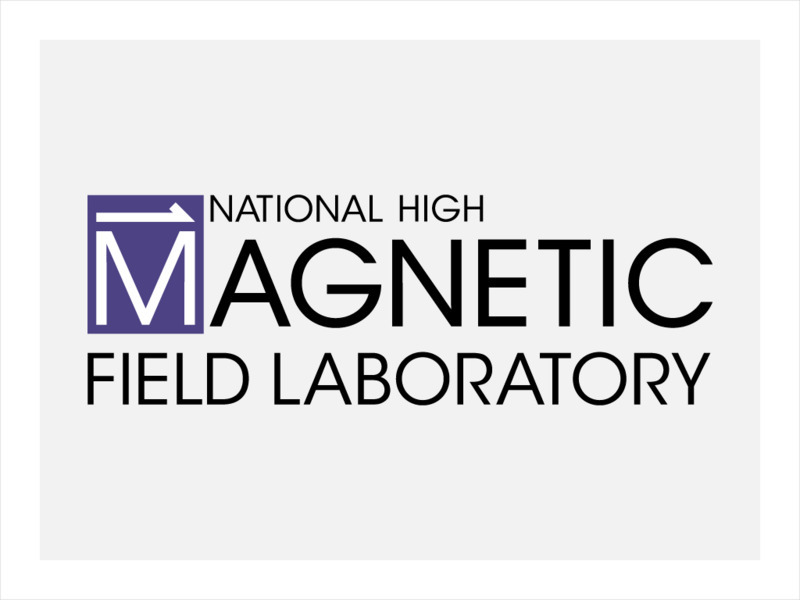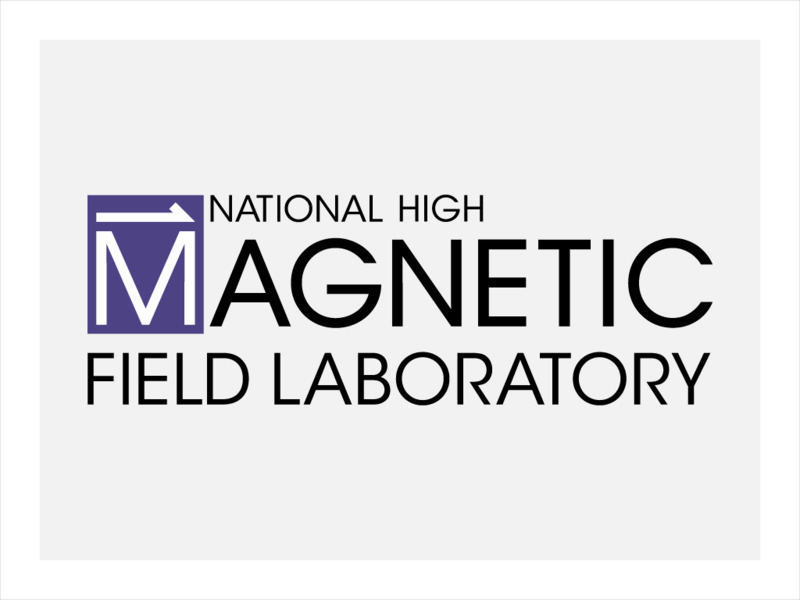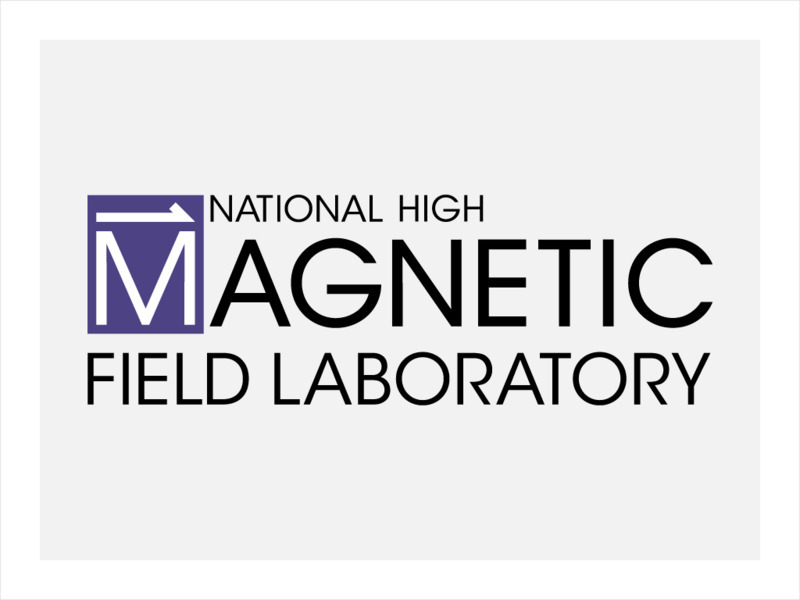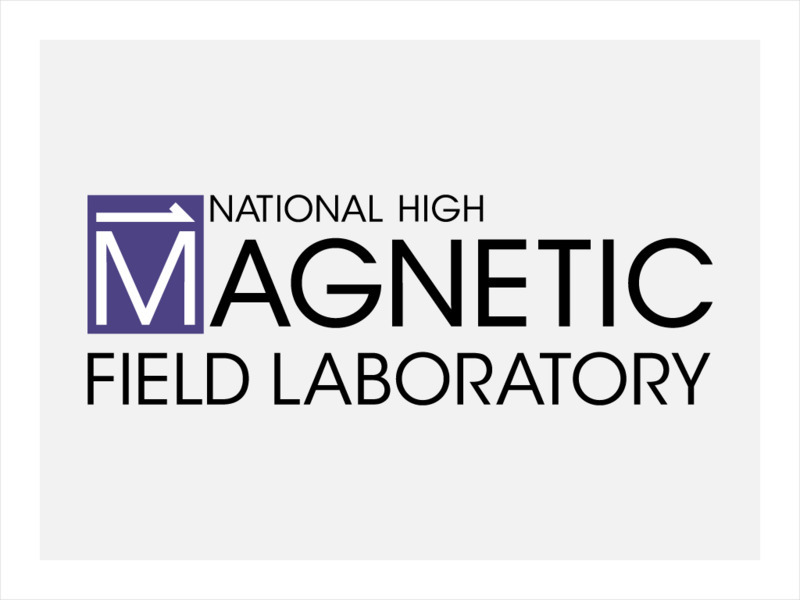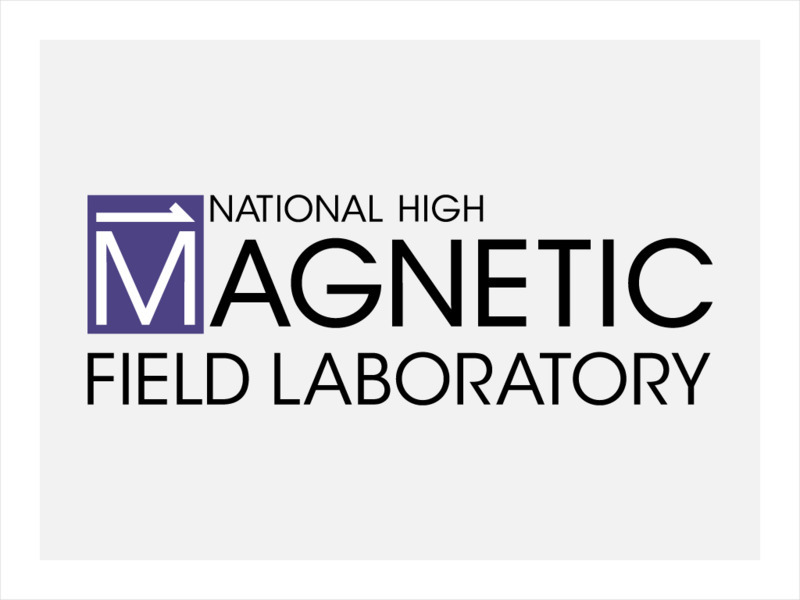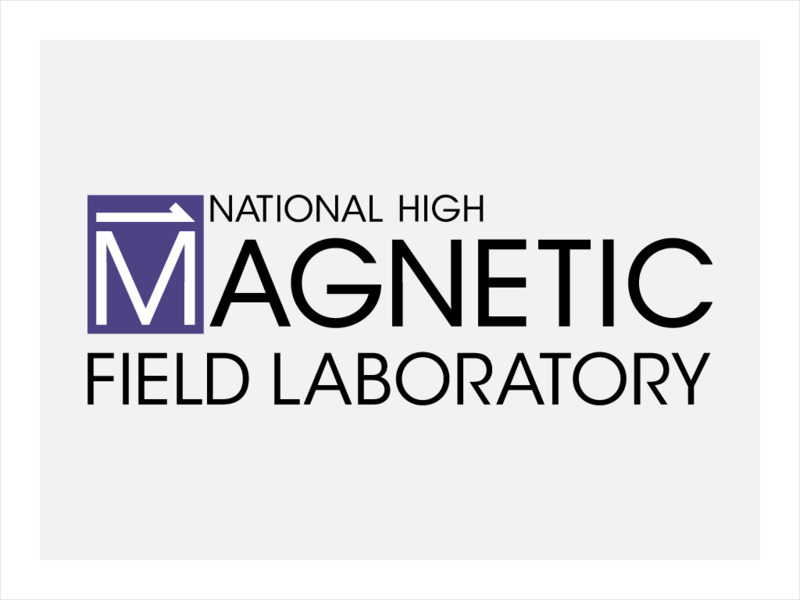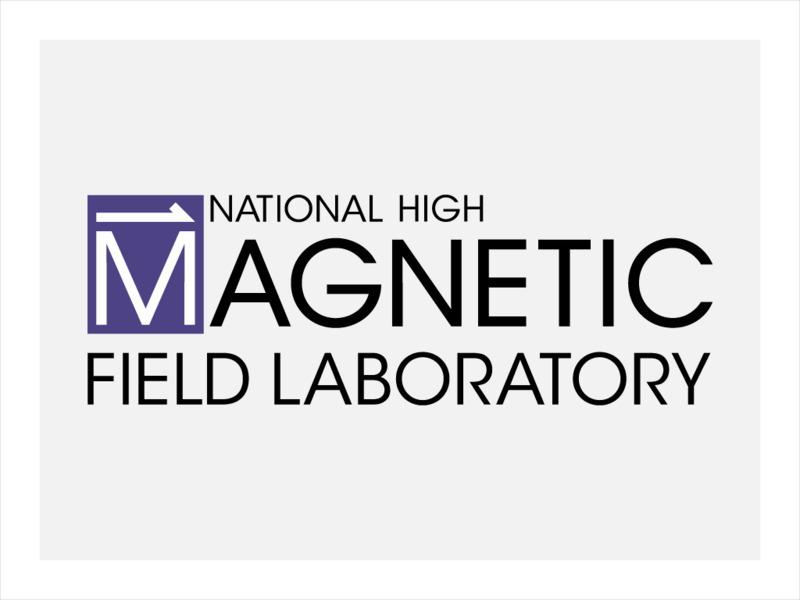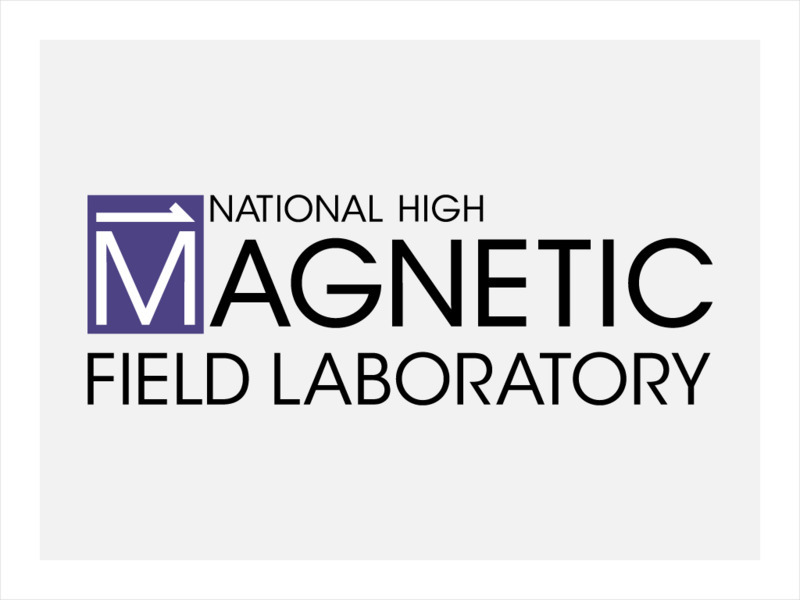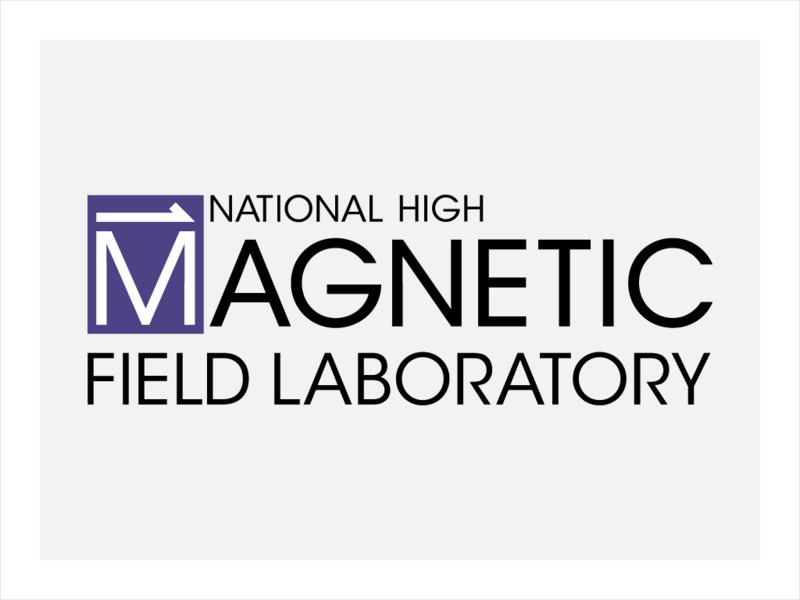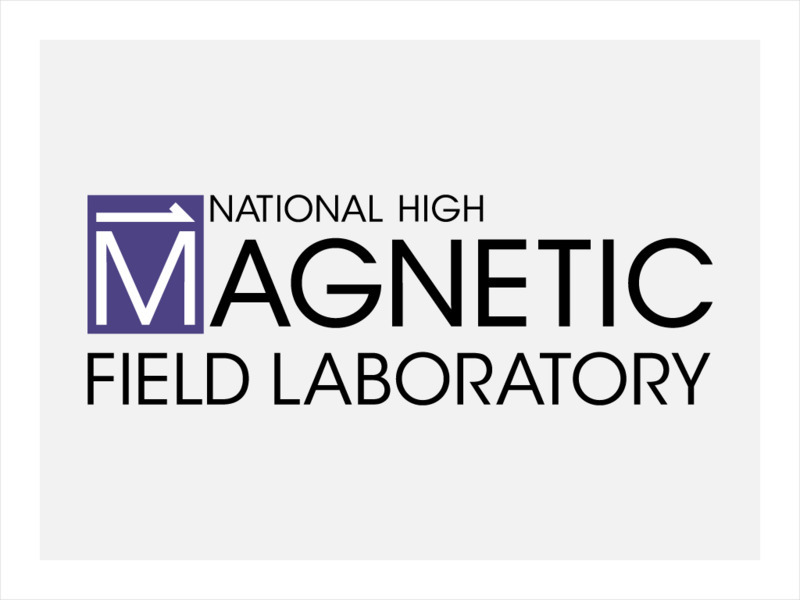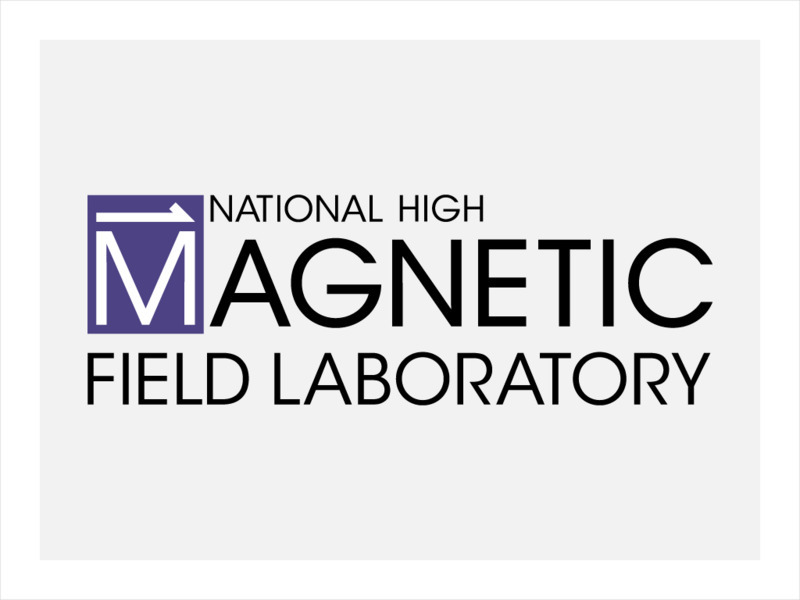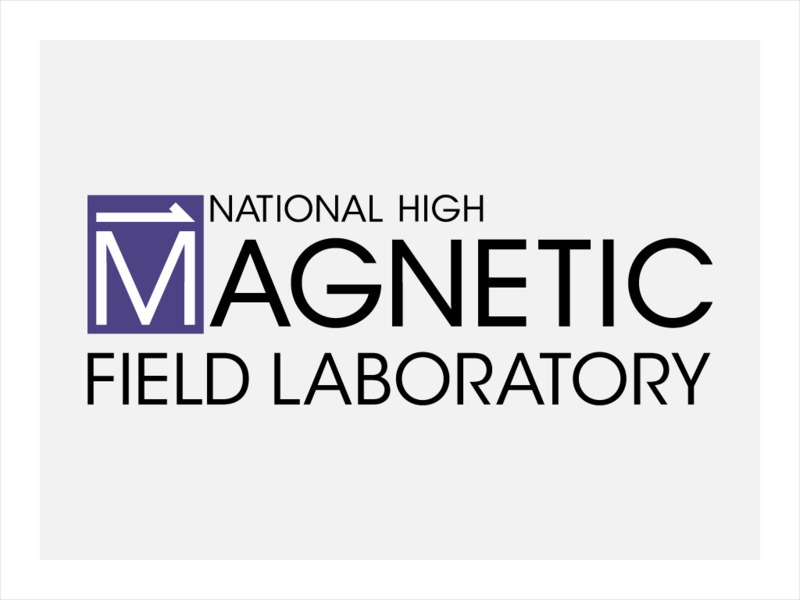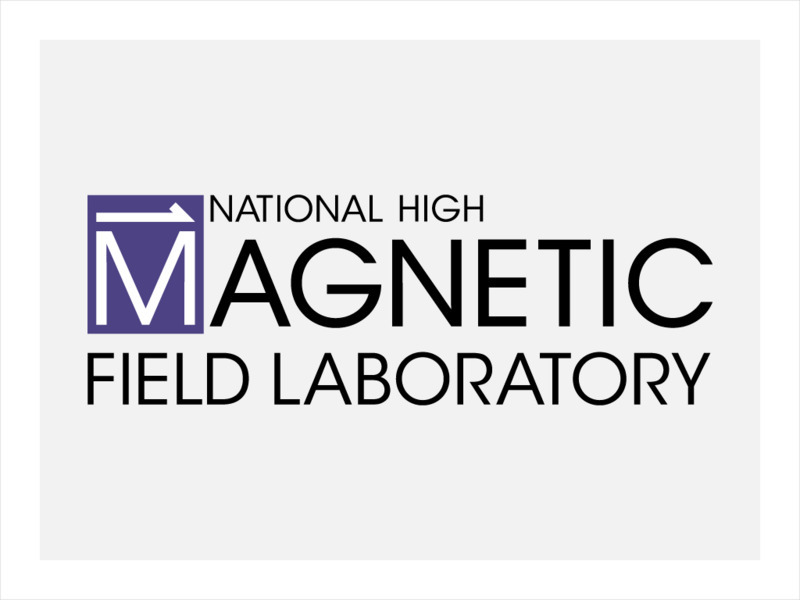National High Magnetic Field Laboratory
Magnet Academy: Tesla Coil 1891
By the late 1800s, electricity had long been discovered and was no longer considered a novelty. The science of how to store, enhance, or transmit electrical current was just beginning to evolve, and eccentric scientist Nikola Tesla...
National High Magnetic Field Laboratory
Magnet Academy: Transatlantic Telegraph Cable 1858
The main figure behind the first transatlantic telegraph knew very little about the science or engineering behind it, but was convinced that with it a fortune could be made. Read about these findings here.
National High Magnetic Field Laboratory
Magnet Academy: Sulfur Globe 1660
In the 17th century, German scientist Otto von Guericke built and carried out experiments with a sulfur globe that produced static electricity.
National High Magnetic Field Laboratory
Magnet Academy: Steam Condensing Engine 1769
Few inventions have affected human history as much as the steam engine. Without it, there would have been no locomotives, no steamers and no Industrial Revolution.
National High Magnetic Field Laboratory
Magnet Academy: Stanley Transformer 1886
Applying discoveries Michael Faraday had made a few decades earlier, William Stanley designed the first commercial transformer for Westinghouse in 1886.
National High Magnetic Field Laboratory
Magnet Academy: Smoothing Iron 1882
Although not as celebrated as many other scientific inventions, the smoothing iron has its own rich history of development stretching all the way from 400 B.C. to the present.
National High Magnetic Field Laboratory
Magnet Academy: Wheatstone Bridge 1843
Read about the device used for measuring resistance in a circuit which was discovered in 1843, but had been invented a decade earlier. The inventor's name was not Wheatstone.
National High Magnetic Field Laboratory
Magnet Academy: Walter Brattain (1902 1987)
Walter Houser Brattain discovered the photo-effect that occurs at the free surface of a semiconductor and was co-creator of the point-contact transistor, which paved the way for the more advanced types of transistors that eventually...
National High Magnetic Field Laboratory
Magnet Academy: Felix Bloch (1905 1983)
Physicist Felix Bloch developed a non-destructive technique for precisely observing and measuring the magnetic properties of nuclear particles. He called his technique "nuclear induction," but nuclear magnetic resonance (NMR) soon became...
National High Magnetic Field Laboratory
Magnet Academy: Gerd Binnig
Gerd Binnig co-developed the scanning tunneling microscope (STM) with Heinrich Rohrer. The STM allowed scientists entry into the atomic world in a new way and was a major advance in the field of nanotechnology. For their achievement,...
National High Magnetic Field Laboratory
Magnet Academy: Georg Bednorz
J. Georg Bednorz jointly revolutionized superconductivity research with K. Alex Muller by discovering an entirely new class of superconductors, often referred to as high-temperature superconductors. They managed to achieve...
National High Magnetic Field Laboratory
Magnet Academy: Andre Marie Ampere
Although he was not the first person to observe a connection between electricity and magnetism, Andre-Marie Ampere was the first scientist to attempt to theoretically explain and mathematically describe the phenomenon. His contributions...
National High Magnetic Field Laboratory
Magnet Academy: Zeeman Effect 1896
Most of us have seen the rainbow-hued breakdown of the composition of light. Light is of course a form of energy. A magnetic field changes the behavior of light- a phenomenon known as the Zeeman effect.
National High Magnetic Field Laboratory
Magnet Academy: Wimshurst Machine 1880
In the modern world, virtually everyone is familiar with electricity as an accessible, essential form of energy. In electricity's earlier days, scientists used the buildup and release of static electricity.
National High Magnetic Field Laboratory
Magnet Academy: Anders Celsius
Anders Celsius is most familiar as the inventor of the temperature scale that bears his name. The Swedish astronomer, however, also is notable as the first person to make a connection between the radiant atmospheric phenomenon known as...
National High Magnetic Field Laboratory
Magnet Academy: Willem Einthoven
Willem Einthoven invented a string galvanometer that lead to the electrocardiogram, which measures heart activity. For his discovery, Einthoven was awarded the Nobel Prize in Physiology or Medicine in 1924.
National High Magnetic Field Laboratory
Magnet Academy: Paul Dirac
Paul Adrien Maurice Dirac was an outstanding twentieth century theoretical physicist whose work was fundamental to the development of quantum mechanics and quantum electrodynamics. He was awarded the Nobel Prize for Physics jointly with...
National High Magnetic Field Laboratory
Magnet Academy: Lee De Forest
American inventor Lee De Forest was a pioneer of radio and motion pictures. He received more than 300 patents over the course of his lifetime, the most important of which was for a three-electrode vacuum tube, or triode, that he called...
National High Magnetic Field Laboratory
Magnet Academy: Peter Debye
Peter Debye carried out pioneering studies of molecular dipole moments, formulated theories of magnetic cooling and of electrolytic dissociation, and developed an X-ray diffraction technique for use with powdered, rather than...
National High Magnetic Field Laboratory
Magnet Academy: Humphry Davy
Humphry Davy was a pioneer in the field of electrochemistry who used electrolysis to isolate many elements from the compounds in which they occur naturally. Electrolysis is the process by which an electrolyte is altered or decomposed via...
National High Magnetic Field Laboratory
Magnet Academy: William Crookes
English scientist William Crookes was very innovative in his investigations with vacuum tubes and designed a variety of different types to be used in his experimental work. Crookes tubes are glass vacuum chambers that contain a positive...
National High Magnetic Field Laboratory
Magnet Academy: Eric Cornell
Born in Palo Alto, California, and raised in Cambridge, Massachusetts - homes to Stanford and the Massachusetts Institute of Technology, respectively - you could say Eric Cornell was destined to become a renowned scientist. And while he...
National High Magnetic Field Laboratory
Magnet Academy: Leon Cooper
Leon Cooper shared the 1972 Nobel Prize in Physics with John Bardeen and Robert Schrieffer, with whom he developed the first widely accepted theory of superconductivity. Termed the BCS theory, it is heavily based on a phenomenon known as...
National High Magnetic Field Laboratory
Magnet Academy: Heinrich Hertz
The discovery of radio waves, which was widely seen as confirmation of James Clerk Maxwell's electromagnetic theory and paved the way for numerous advances in communication technology, was made by German physicist Heinrich Hertz. In the...


